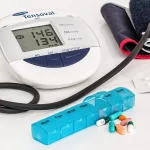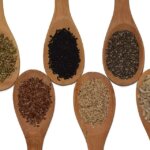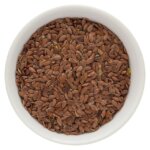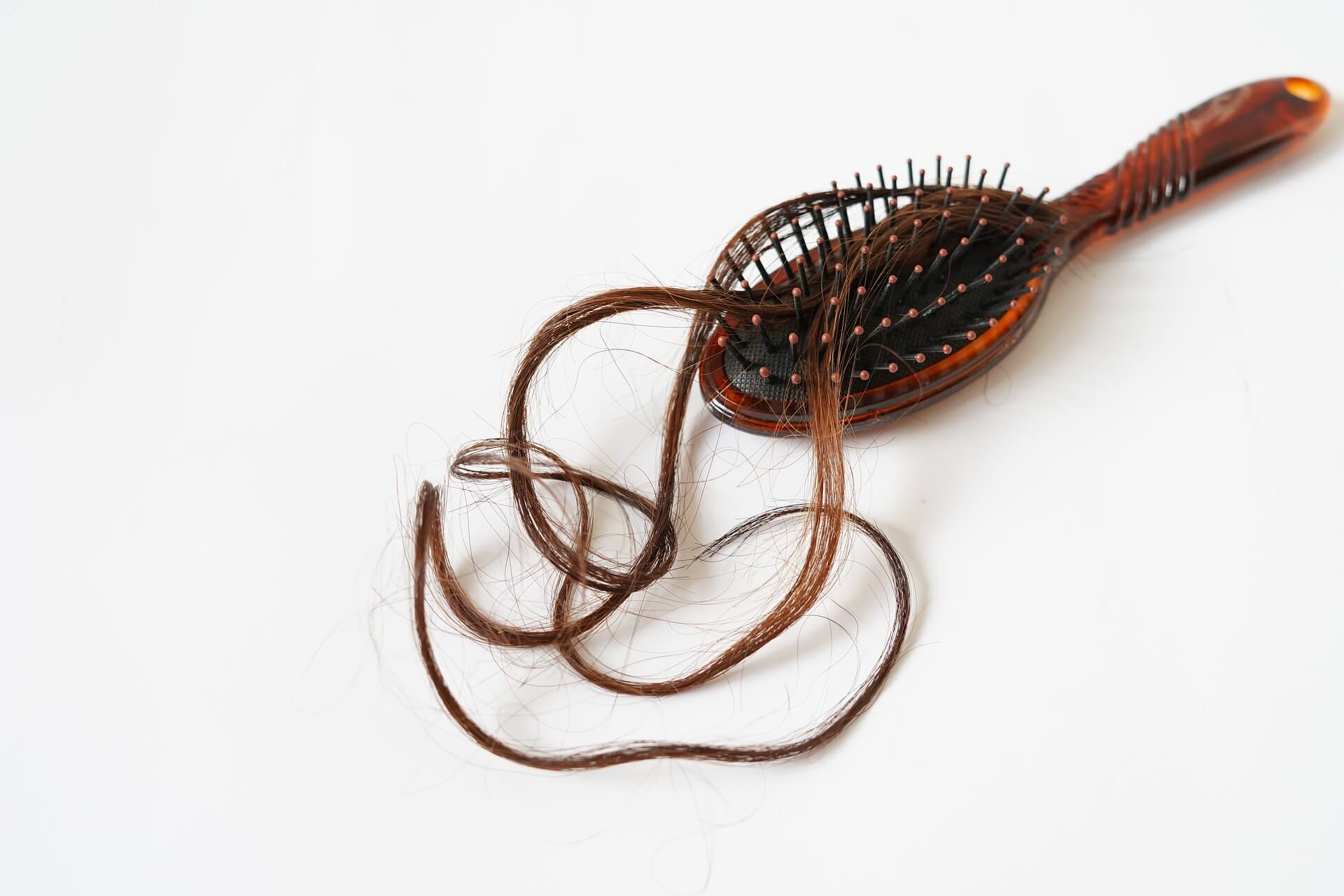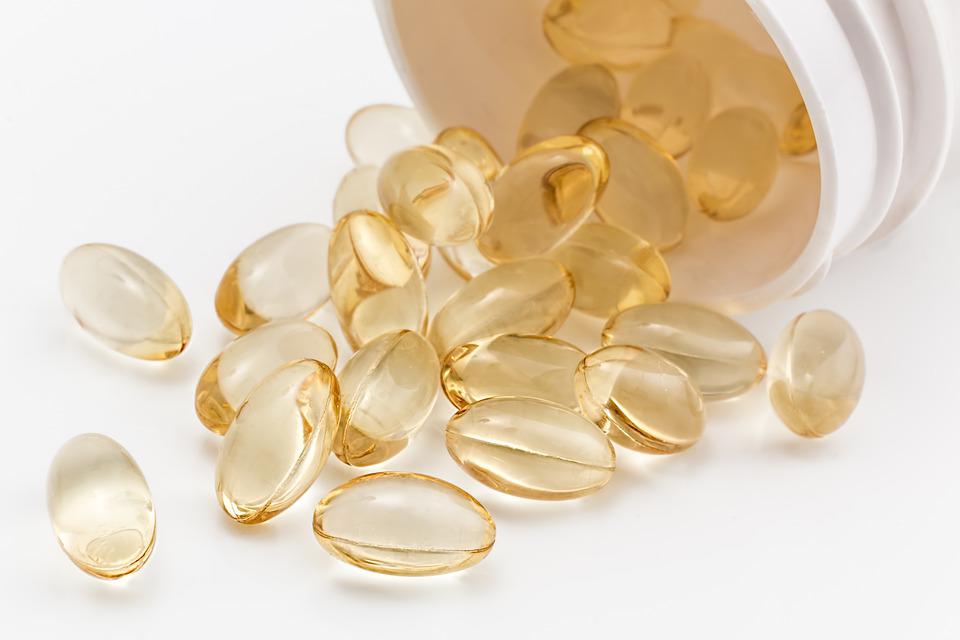Alopecia is a condition that can cause hair loss due to various reasons, including stress, genetics, and medication. The most common treatment methods for alopecia include using a wig or a hair piece, using wigs or scarves on the scalp to cover the bald spot(s), and taking supplements that may help promote hair growth. If you are looking for more alopecia treatment tips but don’t want to spend hours researching online, this article has got you covered with some easy-to-follow and quick tips.
- Using Warm Water: Alopecia sufferers are often advised to wash their hair with warm water in order to stimulate blood circulation and improve the function of hair follicles. You can also use moist heat as an alternative method of washing your hair since it’s gentler than hot water.
- Proteins: A protein-rich diet may also help with alopecia treatment by promoting healthy skin cells and preventing.
Alopecia can be caused by many factors, which means there is no one-size-fits-all treatment.
Alopecia treatment isn’t a one-size fits all thing; it’s unique to each person with alopecia and the cause. That being said, some general alopecia treatment tips include:
- Stress reduction: Managing stress can help reduce chronic inflammation, which may cause hair loss.
- Protein intake: Consuming protein can slow down the aging of your hair follicles, making them healthier.
- Exercise: Exercise helps to build muscle strength and improve circulation, two things that can help with alopecia treatment.
- Omega 3 fatty acid supplements: Omega 3 fatty acids are great for lengthening and thickening hair follicles.
- Vitamin B12 supplements: Vitamin B12 can help with hair loss by promoting cell turnover in scalp cells.
Alopecia is divided into two main types:
- Alopecia Areata: This is the type of alopecia that causes hair loss on the scalp, but not all over. Alopecia Universalis: The type of alopecia that causes hair loss all over the body.
- Scalp Massage: Focusing on your scalp can help with the treatment of alopecia. Many experts recommend using a pea-sized amount of natural oil and massaging it into your scalp to stimulate blood circulation and improve blood flow and oxygen levels to follicles.
What causes alopecia?
- Alopecia is a condition that can cause hair loss due to various reasons, including stress, genetics, and medication. The most common treatment methods for alopecia include using a wig or a hair piece, using wigs or scarves on the scalp to cover the bald spot(s), and taking supplements that may help promote hair growth.
- Stress: According to WebMD, stress can be related to alopecia by causing poor blood circulation in the scalp. In turn, this prevents healthy skin cells from producing hair. This can also be caused by hormonal changes during menopause and pregnancy.
- Genetics: If you have relatives who have had alopecia in their family tree, you may be more likely to develop the condition than others.
Alopecia treatment methods
- Using a wig or hairpiece: A wig or hairpiece is often the best solution for those who need to camouflage their bald spots with a quick fix. You can also cover them in a scarf or headband.
- Taking supplements: If you’re struggling with alopecia and it’s not caused by stress, you should consider taking daily supplements that may promote hair growth like biotin, MSM, and vitamin B-12.
- Proper diet: Healthy diet and proper nutrition is an important factor in promoting healthy skin cells, which will help prevent alopecia as well as other conditions.
- Medications: Medications are sometimes prescribed to treat alopecia but are not always effective. In some cases, they may cause side effects like hair loss or dryness on your scalp.
Proteins in diet for alopecia treatment
- Exfoliation: You can exfoliate your skin to help remove any dead skin cells that may be trapped in your hair follicles. This will reduce the risk of clogging hair follicles and prevent your scalp from losing its natural moisture.
- Alopecia Supplements: There are many alopecia supplements on the market that may help promote healthy hair growth and may also help with other symptoms of alopecia like inflammation, itchiness, and dryness.
- Trichotillomania Prevention: Trichotillomania is an impulse-control disorder that causes a person to pull out their own hair on purpose. If you or someone you know suffers from trichotillomania, an alopecia supplement like Nizoral may help suppress this behavior and reduce the risk of future shame or embarrassment caused by pulling out one’s own hair.
- Follicle Stimulating Hormone Therapy (FSH): Follicle stimulating hormone therapy is a type of hormone therapy used for certain types of male pattern baldness. It’s often prescribed for men who have lost more than 50% of their body’s naturally occurring testosterone and there’s no way to replace it with another hormone therapy at this time. Guggulsterones A & B are two ingredients found in guggulipids that can stimulate hair growth in both men and women who experience alopecia.
- Vitamins
Washing hair with warm water for alopecia treatment
Washing your hair with warm water is a quick and easy way to stimulate blood circulation in the scalp, improve the function of hair follicles, and prevent alopecia.
To wash your hair with warm water:
- Lather shampoo onto your wet head.
- Make sure that the temperature of the water is just right by running your hand in cold or warm water.
- Swirl your fingers in a circular motion on the scalp while scrubbing it until no more suds come out of the fingers.
- Rinse your hair with cool water until all traces of shampoo have been washed away.
- Towel dry your hair and apply conditioner if needed.
Moist heat for alopecia treatment
Moist heat is an alternative to dry heat. It’s gentler than dry heat and it has the ability to penetrate deep into the scalp, which is important for the health of hair follicles. You can use a hairdryer or a hot air brush on low setting in order to apply moist heat treatment.
- Avoid Shampoo: Research suggests that shampooing too often may lead to alopecia as well, so you should avoid washing your hair with shampoo every day if possible. If you are caught in a situation where you need to wash your hair daily, try using soap-free products instead of shampoo.
- Be Patient: Alopecia sufferers should also be patient and work with their condition instead of resisting it through trying to avoid it altogether.



